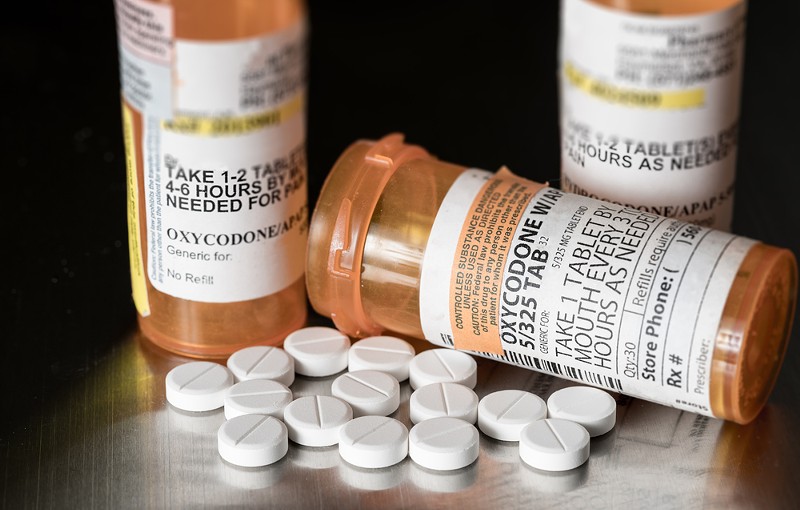The Detroit city council approved a $12.69 million opioid settlement on Tuesday against four companies they say contributed to the opioid epidemic.
Detroit was one of about 4,000 local governments that sued opioid manufacturers and distributors. The funds will flow to local governments and the state.
Detroit sued several groups including Teva Pharmaceuticals Industries Ltd., a prescription opioids manufacturer, Allergan Finance, LLC, a prescription opioids manufacturer, CVS Health Corp. and CVS Pharmacy, Inc., a prescription opioids distributor, and Walmart, Inc. a prescription opioids distributor.
The national settlement totals about $13 billion.
Under the proposed national settlement, Teva would pay up to $3.34 billion over the next 13 years; Allergan would pay up to $2.02 billion over 7 years; CVS would pay $4.9 billion over the next 10 years; and Walmart would pay $2.74 billion within six years. Most of the money will fund opioid abatement and prevention strategies.
Teva and Allergan agreed to ban the promotion and lobbying of opioids, and won’t reward or discipline employees based on volume of opioid sales.
CVS and Walmart agreed to change how they handle opioids, including requirements addressing: their compliance structures; pharmacist judgment; diversion prevention; suspicious order monitoring; and reporting on red-flag processes, as well as blocked and potentially problematic prescribers.
The Detroit Health Department says that over the past decade, more than 2,000 Detroiters have died from a drug overdose, with 364 deaths in 2019 alone. Of the 364 deaths, 86% involved an opioid, 76% involved a synthetic opioid, and 41% involved cocaine.
According to the 2014 Drug Strategies report, substance use costs Detroit alone an estimated $925 million annually in healthcare, treatment, and prevention programs, traffic crashes, and foster care.
Originally published by The Center Square. It is republished with permission.
Follow us: Google News | NewsBreak | Reddit | Instagram | Facebook | Twitter


